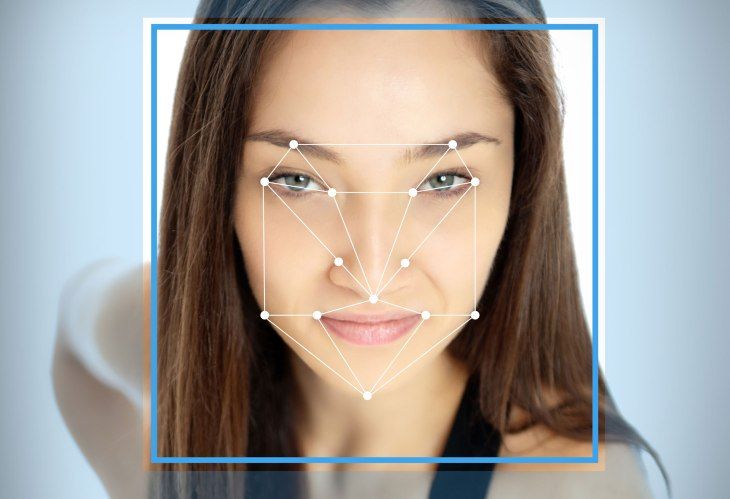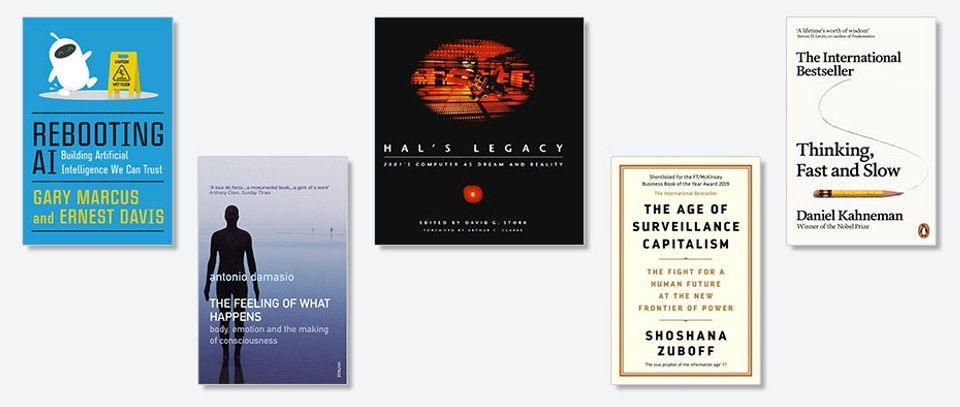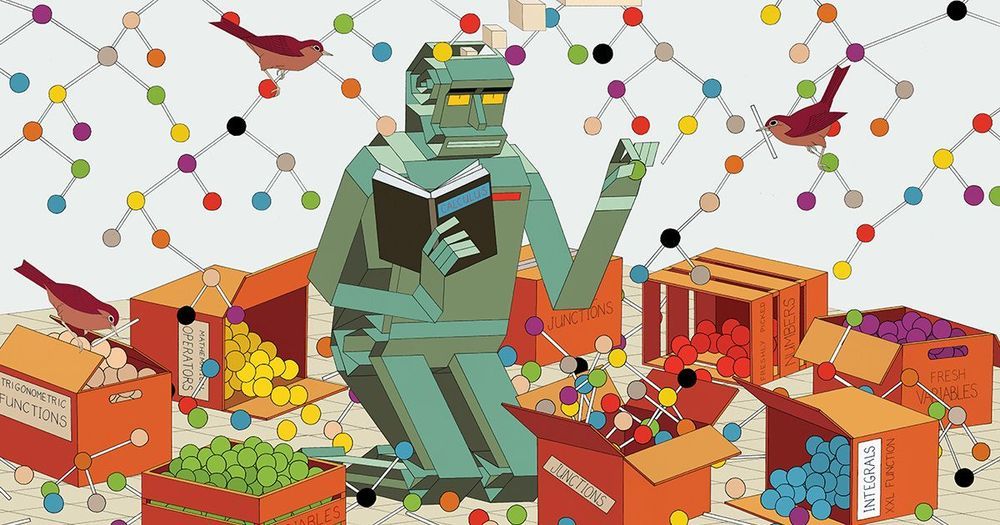A biometric data privacy suit against Clearview AI will move forward, and in the District Court for Northern Illinois, as requested by the plaintiff, after a pair of rulings by Judge Sharon Johnson Coleman reported by Law Street Media.
There are two separate BIPA cases currently ongoing against Clearview, known by their plaintiffs Hall and Mutnick. Mutnick filed a motion for a preliminary injunction several months into the case, and says in a clarified motion for reassignment that it is seeking to have Hall v. Clearview AI, Inc., et al. moved to Illinois, and that plaintiff Hall agrees with the motion.
Clearview had filed a motion to stay the proceedings pending decisions on its motion to dismiss based on personal jurisdiction, and to move the case to the Southern District of New York, where the company is based. In New York, Chief Justice Colleen McMahon said that because the suit applies an Illinois state law and includes class members based on their Illinois residence at the time of the alleged violation, it is not clear that the cases belong in New York district court.







